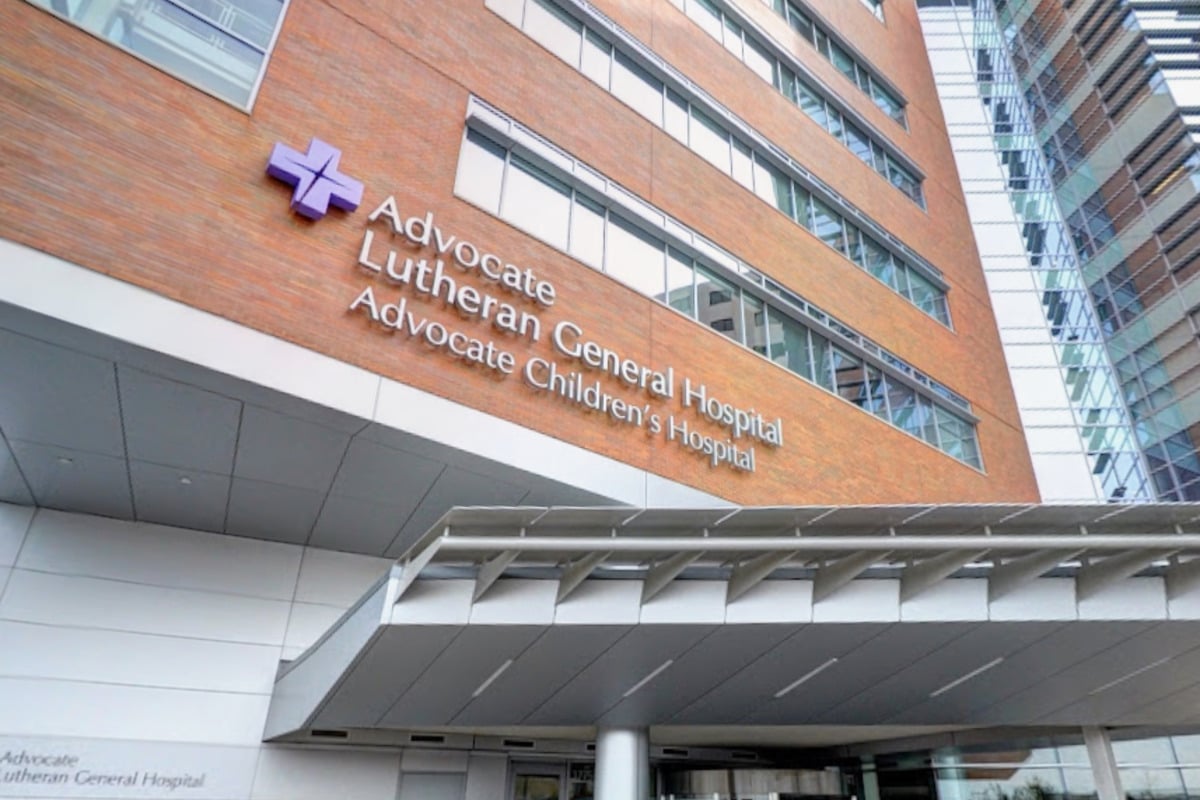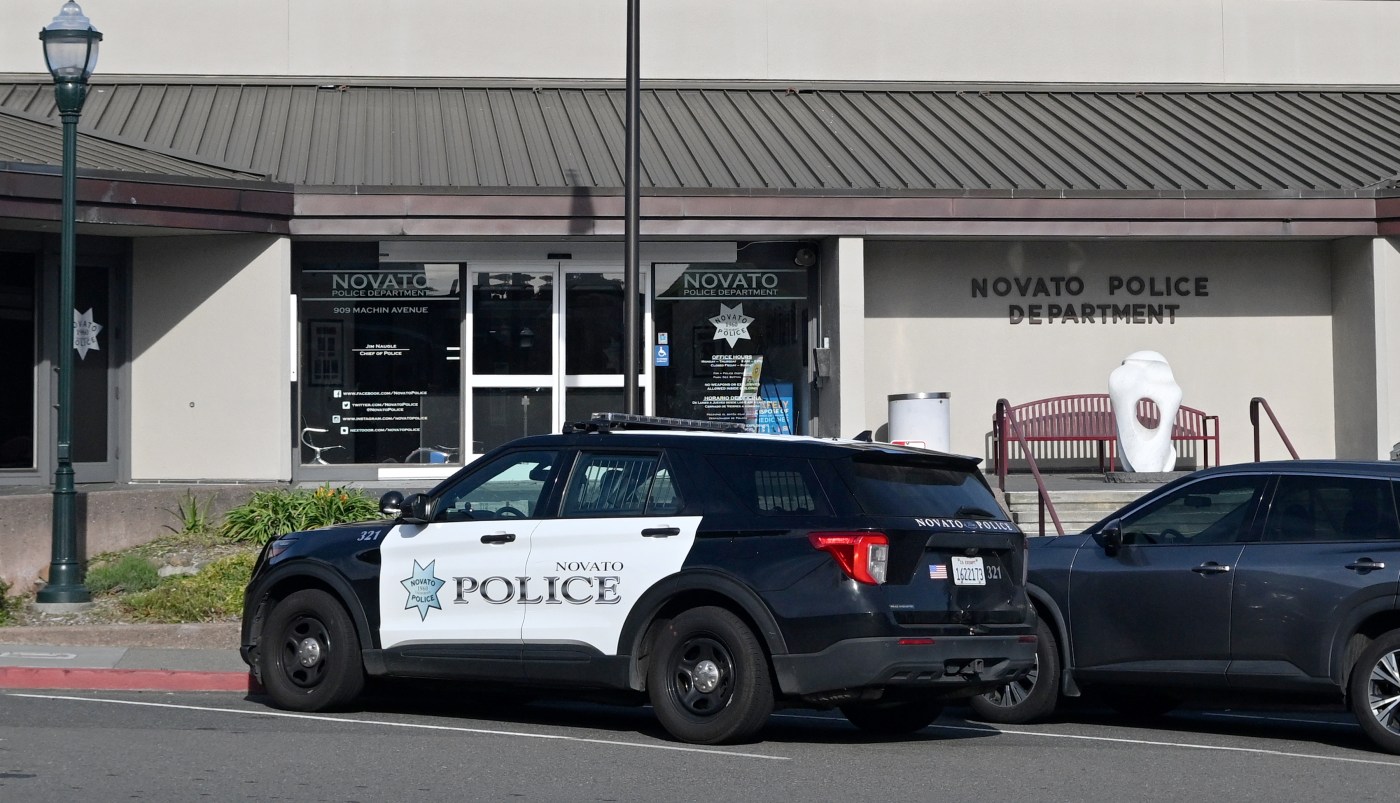
UPDATE: East Lindsey District Council reports a staggering surge in homelessness referrals, with 468 referrals for people sleeping rough documented between April 2024 and March 2025. This marks a significant increase from 440 referrals for 362 people in the previous year, highlighting a growing crisis in the region.
During a council meeting on October 14, 2024, members discussed the alarming trends, revealing the challenges faced by the rough sleeping intervention team. Carol Rippin, team leader at the South and East Lincolnshire Councils Partnership, emphasized the urgency of the situation, stating, “We have an increasing number of referrals, and we also face challenges including the mobility of rough sleepers and vague information safety risks.”
The issue of homelessness in East Lindsey is exacerbated by the rising cost of living, making housing unattainable, especially for young people. Rippin pointed out that limitations with universal credit have left many under-25-year-olds struggling to find stable housing. “Selective landlords are becoming more choosy about tenants, often favoring those in employment while shunning those dependent on benefits. This leaves many vulnerable individuals feeling lost and disconnected from society,” she stressed.
The district council is actively working to combat this crisis, with the rough sleeping team conducting outreach twice a week to locate and assist individuals in need. “Our goal is to prevent rough sleeping wherever possible. When it does occur, we aim for it to be rare, brief, and non-recurrent,” Rippin explained. This targeted approach includes addressing critical issues such as addiction, mental health, and re-offending, fostering trust and engagement with those affected.
Despite these efforts, Rippin acknowledged that not everyone is willing to accept help. “Some individuals sleeping rough express a desire to remain independent, making it impossible to extend support to everyone in need,” she noted. However, the council reported that 113 individuals were successfully helped to secure accommodation between March 2024 and April 2025, with many moving into privately rented or supported housing.
As the situation develops, East Lindsey District Council continues to strengthen partnerships with local health services, community organizations, and other councils to build a more effective support network for the homeless. “We need to discover and recover their abilities and life skills,” Rippin concluded, underscoring the importance of collaborative efforts.
The urgent rise in homelessness referrals in East Lindsey calls for immediate attention and action from the community and local authorities. The implications of this crisis are profound, affecting not just the individuals directly involved but the broader community as well. As the council ramps up its initiatives, the need for public awareness and support is crucial to addressing this growing challenge.







